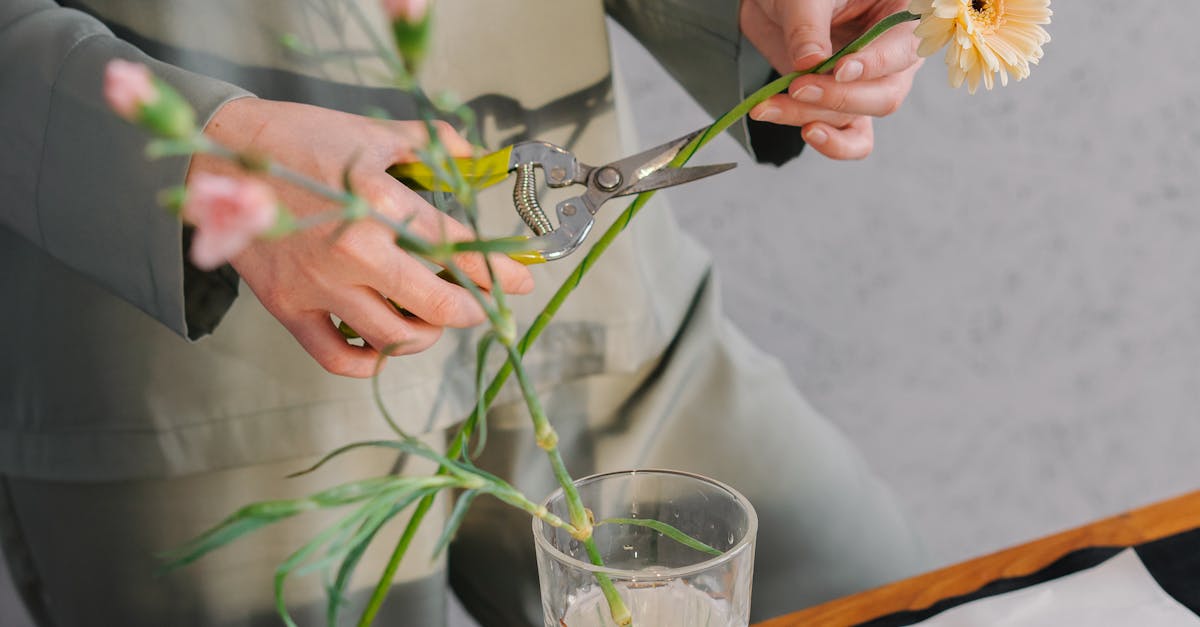The Unexpected Joy of Ant-Keeping
Ever wonder why some people keep ants as pets? 🐜 To put it simply, it’s a fascinating world that offers endless surprises and joys. Personally, I’ve found that keeping ants has added a unique dimension to my life, one that I’d never have guessed could be so enriching. Let me tell you about my journey into the thriving universe of ant-keeping and why you might find this unusual hobby surprisingly fulfilling.
A World Beneath Our Feet
Looking back, I remember my first encounter with the idea of keeping ants as pets. It’s funny how a simple childhood fascination can grow into a lifelong passion. As someone who has always been curious about nature, I was struck by the complexity and organization of ant colonies. That’s when I realized that there’s something to be said for the intricate world these tiny creatures inhabit.
Ants are everywhere, yet we often overlook their incredible societies. From what I’ve seen, their world is a microcosm of our own, complete with social structures, division of labour, and even agriculture! Yes, you read that right. Some ants farm aphids for their sugary secretions, much like we farm cattle for milk.
The Benefits of Keeping Ants
A Low-Maintenance Pet
If you ask me, one of the biggest advantages of keeping ants is how low-maintenance they are. Unlike traditional pets like dogs or cats, ants don’t require daily walks, grooming, or constant attention. Here’s a funny thing: all they need is a suitable habitat, some food, and occasional monitoring. This makes them perfect for busy individuals or those who travel frequently.
Educational Value
Ant-keeping is not just a hobby; it’s a learning experience. Speaking from experience, observing an ant colony can teach you a lot about biology, ecology, and even social behaviour. It’s interesting how these tiny creatures can offer insights into larger scientific concepts. For instance, watching worker ants forage for food and communicate with each other can be a practical lesson in teamwork and efficiency.
Therapeutic Effects
In my own life, I’ve found that watching ants go about their daily activities can be incredibly calming. It’s a form of mindfulness, where you can lose yourself in the rhythm of their work. The reality is, this simple act of observation can reduce stress and provide a mental break from the chaos of daily life. You might find this helpful if you’re looking for a way to unwind.
Getting Started with Ant-Keeping
Choosing the Right Species
The first step in starting your ant-keeping journey is choosing the right species. Not all ants are suitable for captivity, so it’s worth mentioning that you should do some research. Personally, I recommend starting with a species that is easy to care for, such as the Lasius niger (Black Garden Ant) or Formica fusca (Silky Ant).
Setting Up the Habitat
Once you’ve chosen your species, the next step is setting up their habitat. Here’s a funny thing: you don’t need a fancy setup to keep ants. A simple formicarium (ant farm) will do. I was just thinking about how my first formicarium was nothing more than a glass jar with some soil and a few plants.
- Formicarium: This is the main living area for the ants. It can be made from glass, plastic, or even plaster.
- Foraging Area: This is where the ants will search for food. It can be a separate container connected to the formicarium.
- Moisture: Ants need a certain level of humidity to thrive, so make sure to provide a water source.
- Temperature: Most ants prefer a warm environment, so keep their habitat in a place with a stable temperature.
Feeding Your Ants
Feeding ants is relatively simple. They require a balanced diet of proteins, sugars, and water. You can provide them with a mix of:
- Insects: Crickets, mealworms, and other small insects.
- Sugary Foods: Honey, sugar water, or fruits.
- Water: A small water dish or a cotton ball soaked in water.
It’s interesting how ants have different dietary needs depending on their species and the time of year. So, it’s essential to observe and adjust their diet accordingly.
The Fascinating Behaviour of Ants
Communication
One of the most intriguing aspects of ant behaviour is their communication. Ants use pheromones to send messages to each other. I couldn’t help but notice how ants form trails to food sources, guiding their fellow colony members. This might sound strange, but watching ants communicate can be as captivating as watching a well-coordinated dance.
Division of Labour
Ant colonies have a highly organized division of labour. From what I’ve seen, each ant has a specific role, whether it’s foraging for food, caring for the young, or defending the colony. It’s interesting how these roles are not assigned but are a result of the ants’ instincts and environmental cues.
Problem-Solving Skills
Ants are excellent problem solvers. I’ve often wondered how such tiny creatures can navigate complex environments and find solutions to challenges. For example, I was struck by how ants can find the shortest route to a food source, a phenomenon known as the “Ant Colony Optimization” algorithm, which has even inspired computer science!
Overcoming Challenges in Ant-Keeping
Dealing with Escapes
One of the challenges you might face is ants escaping from their habitat. It dawned on me that even the best setups can have their flaws. To prevent escapes, make sure your formicarium is secure and check for any gaps or cracks.
Managing Colony Size
Another challenge is managing the size of your ant colony. Ants can reproduce quickly, leading to overcrowding. Speaking from experience, it’s essential to monitor the colony’s growth and be prepared to expand their habitat or split the colony if necessary.
Health and Hygiene
Keeping your ants healthy is crucial. Ensure their habitat is clean and free from mould or pests. I’ve been there, dealing with a mould outbreak in my formicarium, and it’s not fun. Regular maintenance and monitoring can prevent such issues.
The Joys of Watching Ants Thrive
Building a Connection
You might find this surprising, but you can build a connection with your ants. While they may not recognize you as a dog or cat would, there’s a sense of satisfaction in watching them thrive under your care. It’s worth mentioning that this connection can be incredibly rewarding.
Sharing the Experience
If you have children, ant-keeping can be a fantastic way to introduce them to the wonders of nature. It’s funny how kids are naturally curious about insects, and ants can provide endless opportunities for learning and exploration. You might find this helpful in fostering a sense of curiosity and responsibility in your children.
A Unique Hobby
Ant-keeping is a unique hobby that can set you apart. In a world where everyone seems to have the same interests, having ants as pets can be a great conversation starter. I was just thinking about how many interesting discussions I’ve had with people who are intrigued by my ant colonies.
Taking the Next Step
Joining the Community
If you’re interested in starting your ant-keeping journey, joining an online community can be incredibly beneficial. There are numerous forums and social media groups where you can connect with experienced ant-keepers. Personally, I’ve found these communities to be a valuable resource for advice, support, and inspiration.
Expanding Your Knowledge
There’s always more to learn about ants. Whether it’s reading books, watching documentaries, or attending workshops, expanding your knowledge can enhance your ant-keeping experience. I’ve been meaning to attend an ant-keeping workshop to learn more about advanced techniques and species.
Experimenting and Innovating
One of the joys of ant-keeping is the opportunity to experiment and innovate. Whether it’s designing a new formicarium or trying out different feeding methods, there’s always room for creativity. That reminds me of the time I created a multi-level formicarium, which provided my ants with more space and a more complex environment.
The Thriving Universe of Ants
A Final Thought
Now that I think about it, keeping ants as pets has been one of the most rewarding experiences of my life. It’s a hobby that combines education, relaxation, and a deep connection with nature. If you ask me, there’s no better way to appreciate the wonders of the natural world than by observing these tiny yet incredibly complex creatures.
Your Turn to Explore
So, are you ready to embark on your own ant-keeping adventure? Whether you’re a seasoned nature enthusiast or just someone looking for a unique and low-maintenance pet, ants offer a world of possibilities. The reality is, you might just find yourself as captivated by their thriving universe as I am.
Feel free to share your experiences or ask any questions in the comments below. Let’s continue this fascinating journey together!











